It’s dinnertime and you’ve cooked up a sumptuous meal. You look down to your side and your pet dog is giving you his best puppy eyes and begging you to share your meal with him. It is always tempting to share our food with our dog, or to even cook an extra portion specially for them. However, not all human food is safe for our dogs to consume. In fact, some kinds of food that we consider nutritious or high quality - may be toxic, or even death-causing to our beloved dogs. We know the feeling of wanting to share what we love with our pets, but it’s important that we know what kinds of human foods are poisonous and should be avoided when feeding our dogs. Instead of spoiling them by giving them our food, we might end up spoiling their body.
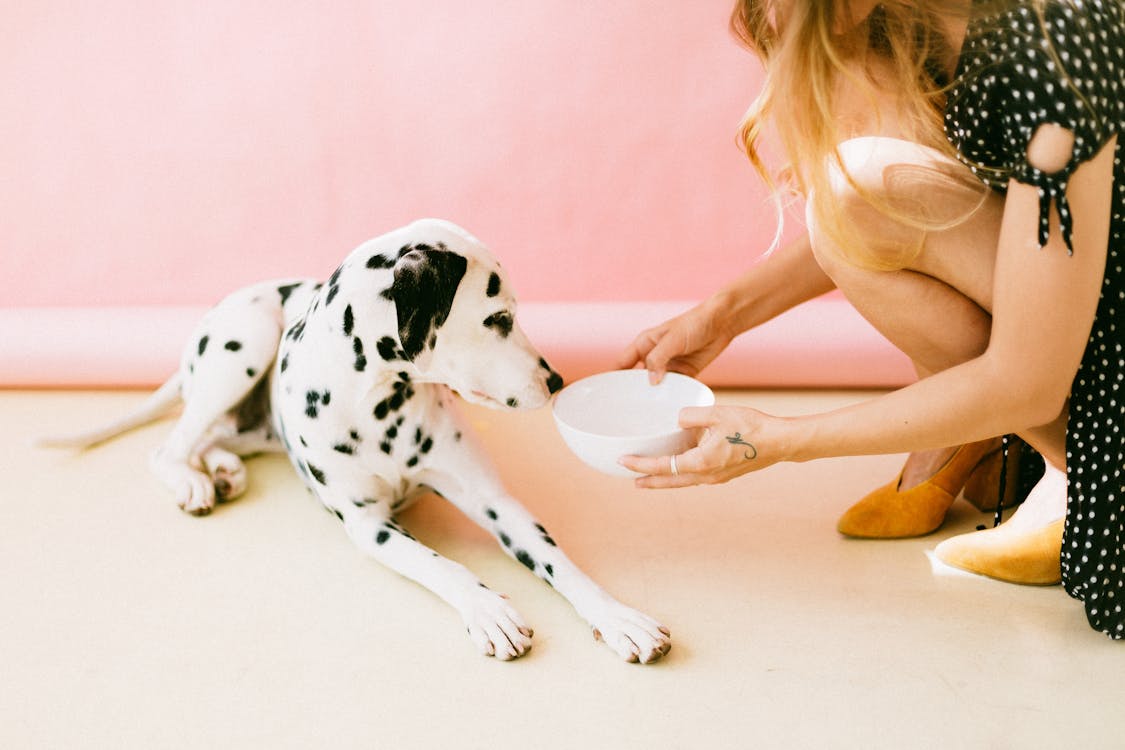
Image Credits: Daria Shevtsova
Here are 7 human foods that are toxic for dogs, and should never be fed to them:
1. Grapes & Raisins
While researchers have been unable to pin-point the exact reason, grapes and raisins are extremely toxic to dogs. Even a few grapes can be life-threatening; with the most extreme of outcomes being severe kidney damage leading to acute kidney failure. If your dog has consumed even a single grape, it cannot be taken lightly - bring your dog to the nearest vet and inform them that it is an emergency. He will need to undergo treatment as soon as possible, with the first step typically being to induce vomiting, followed by activated charcoal to remove toxins from your dog’s stomach.
2. Macadamia Nuts
Macadamia nuts is one of those human foods that we consider premium and delicious, yet they pose health dangers to our dogs. Similar to grapes, the exact cause of toxicity is not known yet, but years of data from vets and clinics worldwide have shown that macadamia nuts cause dogs to show signs of poisoning. If your dog consumes macadamia nuts, symptoms such as weakness, vomiting, tremors and increased body temperature will appear within 12 hours of ingestion and lasts up to 48 hours.
Apart from macadamia nuts, it is also advisable to limit the consumption of other nuts (including peanuts, almonds, pecans and walnuts) as they contain extremely high amounts of oil and fats. Over-consumption of nuts will lead to diarrhea and vomiting. Next time you purchase some dog peanut butter, just remember that it should be given as a treat rather than in large quantities!
3. Avocado
With the recent hype over avocado toast and smoothies, avocado has become a fruit that many of us have at home. While we might love our avocados, we should avoid giving them to our dogs as they contain a fungicidal toxin called persin. The avocado’s pit, leaves and skin all contain a high concentration of persin - which can cause diarrhea, vomiting and even heart congestion. The avocado flesh contains a lower concentration, so it’s safe for your dog to eat it in small amounts - but you’ll have to be sure that the flesh is dug out properly and does not have any skin attached. The avocado pit is also a choking hazard, so be sure to keep it away from your dog.
4. Cooked Bones
We’ve heard from some dog owners that they specially buy dog bones from the fresh market to cook for their dogs, and that their dogs enjoy eating the bones more than the meat itself. This is very dangerous! Cooked bones are dangerous because they easily crack and splinter when your dog chews on them, and can cause internal bleeding and puncture your dog’s organs.
5. Onions
Onions contain a compound called N-propyl disulfide, which damages and breaks down your dog’s red blood cells, resulting in anemia. All parts of the onion plant contains this compound, so any food that contains onion is a big no-no for your dogs. Often, onions are used in our stir-fried food, while onion powder is used in many kinds of baby food and canned soup. Next time you want to share something from your dinner table, or buy baby food for your senior dog - remember to check for onions!
6. Chocolate
Who doesn’t love chocolate? Well, even if our dogs do, we should never give it to them! Chocolate contains caffeine and theobromine - both of which speed up your dog’s heart rate and stimulates the nervous system.This in turn causes tremors, restlessness, increased urination, hyperactivity and even seizures that lead to death, all within 2 hours of ingesting the chocolate. Also, do take note that the darker the chocolate, the greater the danger.
7. Limes & Lemons
While limes and lemons are a great source of Vitamin C for humans, and also provide us with a refreshing taste on hot days, they are not safe for our pet dogs. The peel, fruit and seed of limes and lemons contain psoralen compounds and aromatic oils. When your dog consumes these toxic compounds, it can result in vomiting, sensitivity to light, tremors and loss of muscle coordination. Your dog is also susceptible to lime exposure through his skin, and may develop rashes all over his belly and groin area. Limes, lemons and other citrus fruits are also rich in citric acid, which causes gastrointestinal upset in dogs as their systems are not meant to consume such high levels of acid.
________________________________________________________
This list of toxic food for your dog is not exhaustive, as there are many kinds of human food that is unsafe for our dogs to consume. If your dog has consumed any of these poisonous foods, contact your vet immediately and bring him or her down for a check-up as soon as possible. Sometimes, our dogs might not exhibit any symptoms immediately or within a few hours of ingesting the food - as it takes time for their body to react to the toxins. As such, we advise that you bring them to the vet even if they’ve only eaten very very tiny amounts of the toxic food, because it’s better safe than sorry.


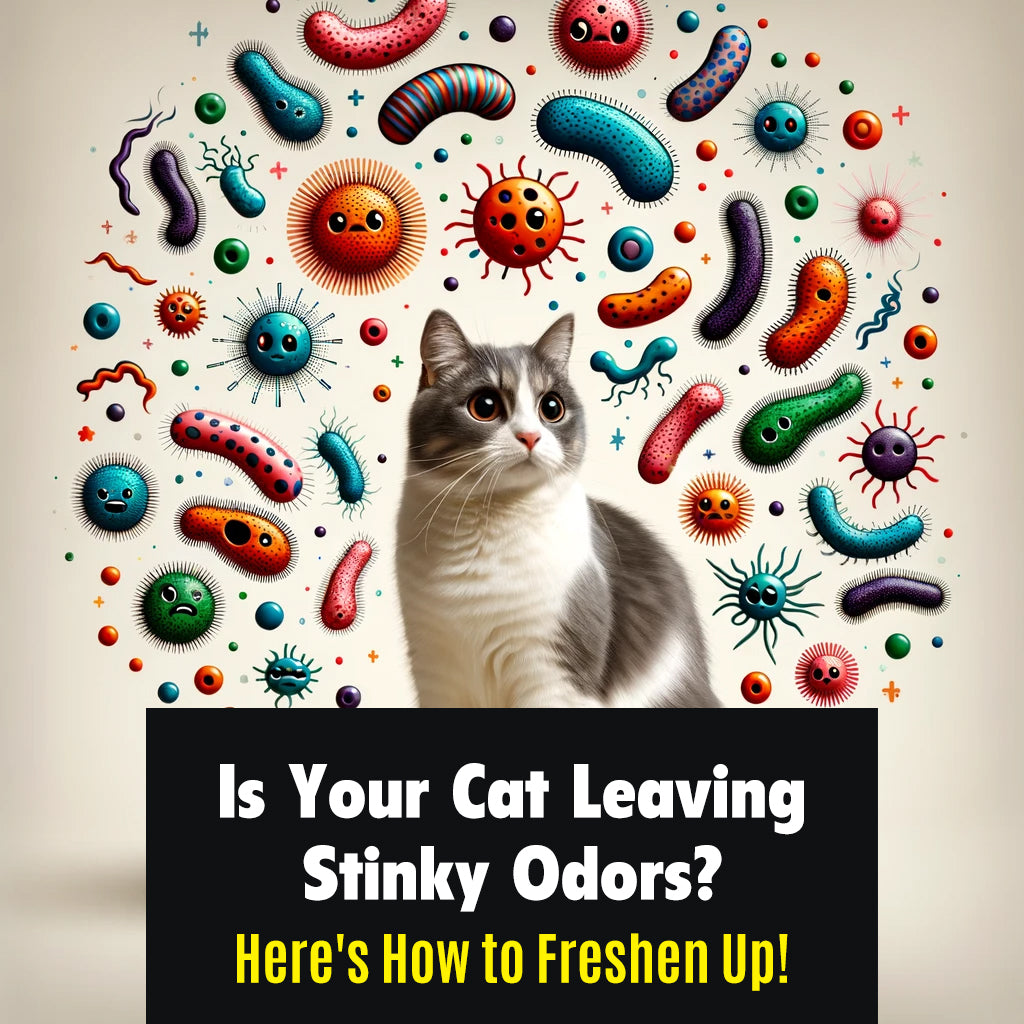



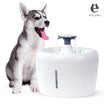




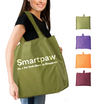
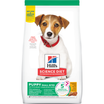
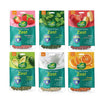
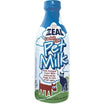


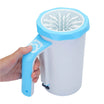

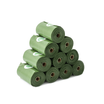
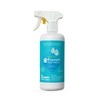
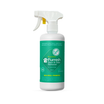
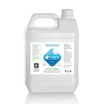
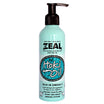
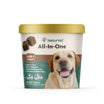

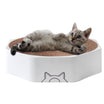
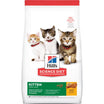
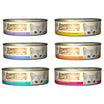


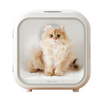



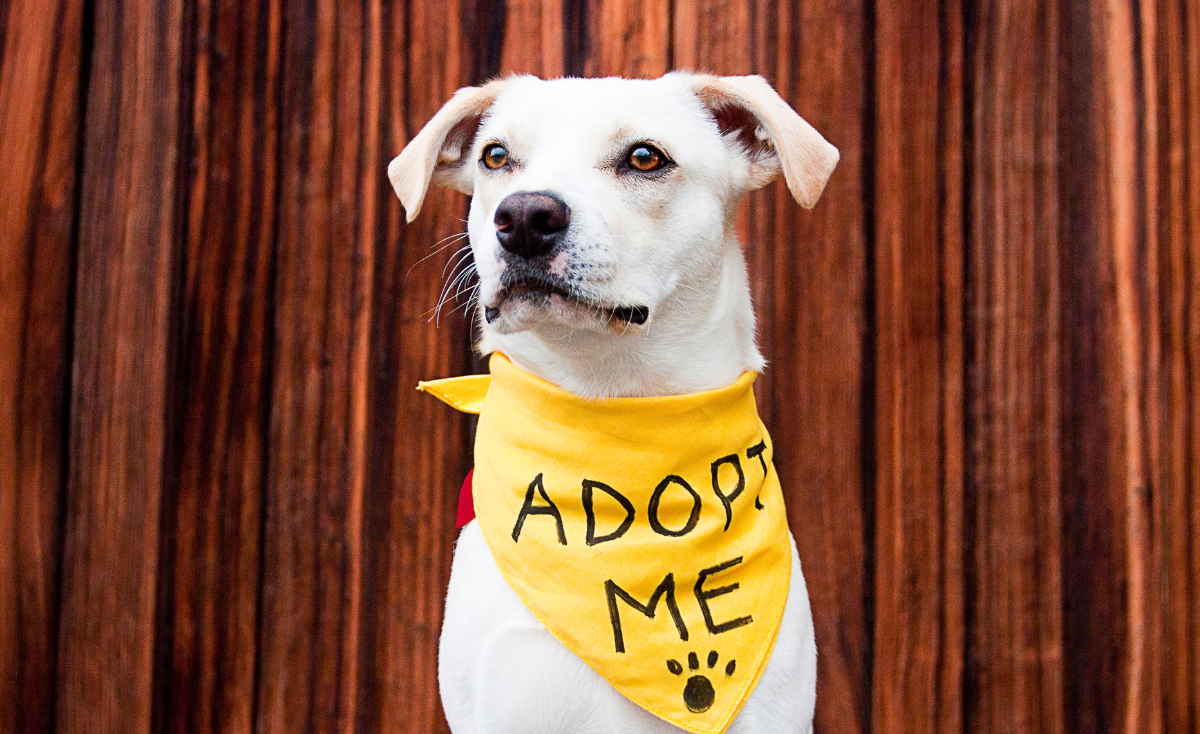
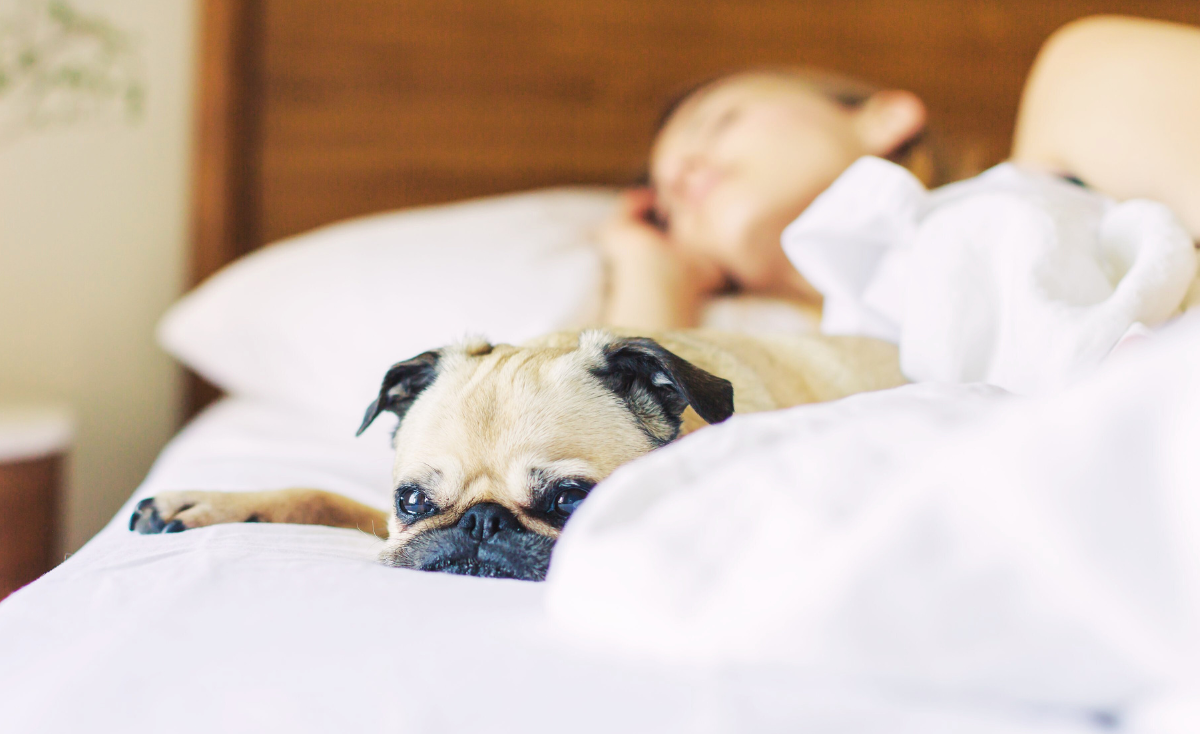


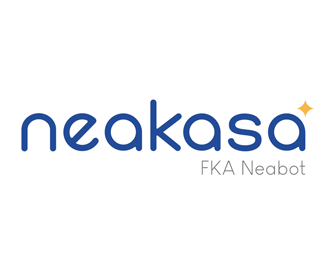

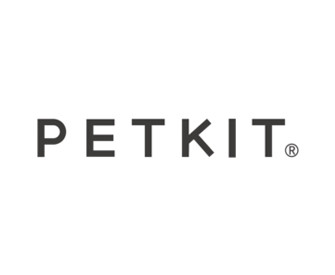


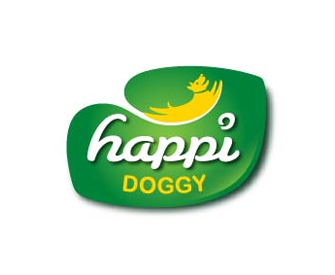
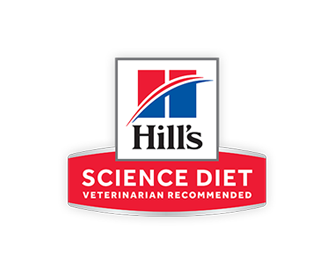
Leave a comment
All comments are moderated before being published.
This site is protected by reCAPTCHA and the Google Privacy Policy and Terms of Service apply.